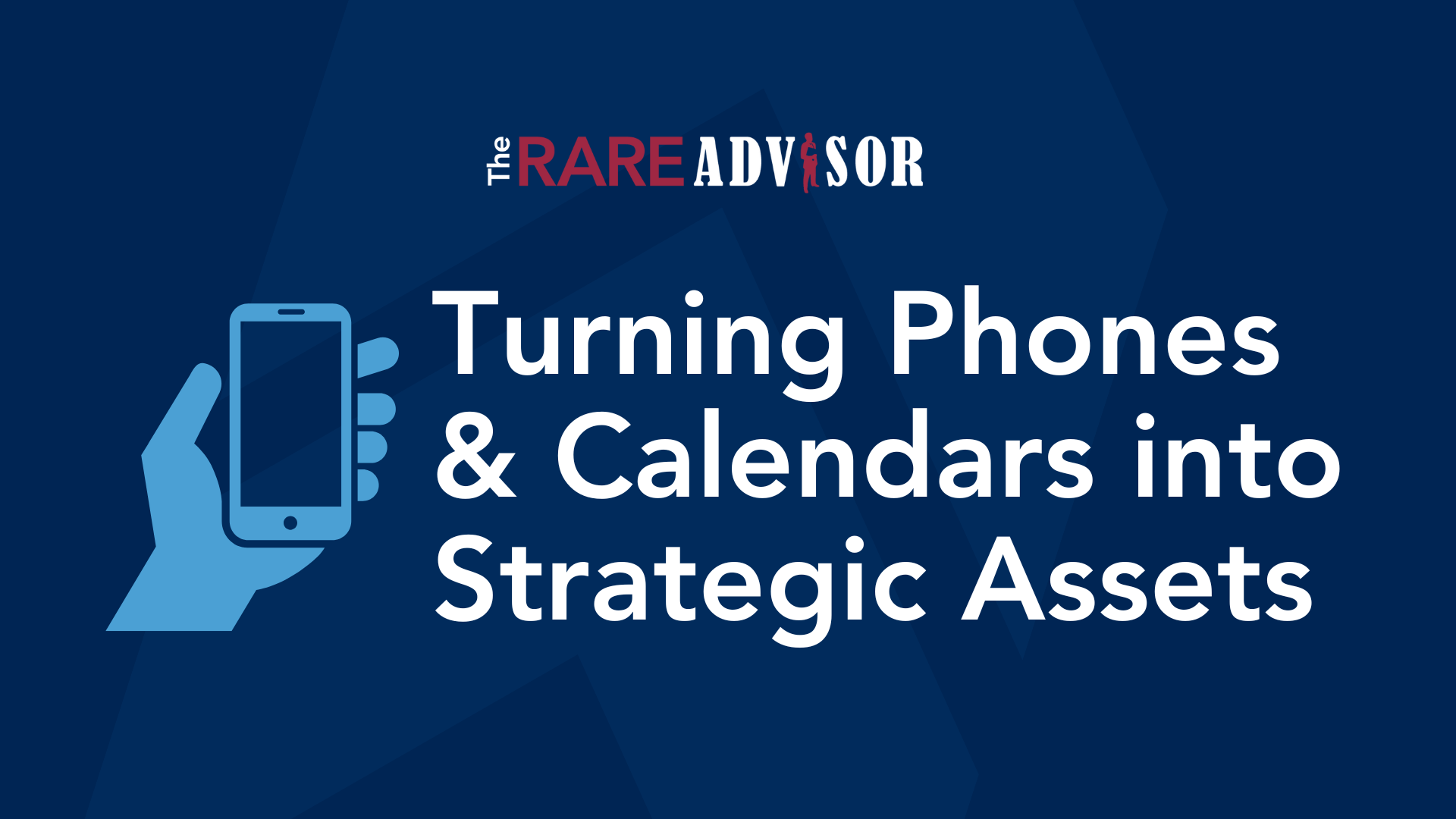Is the Latest (2024) DOL Fiduciary Rule Dead?

In recent developments, two U.S. District Courts in Texas have issued stays on the enforcement of the new fiduciary regulations and associated prohibited transaction exemptions, as set forth by the U.S. Department of Labor (DOL) in April 2024. These regulations, intended to take effect on September 23, 2024, are now delayed indefinitely. Does that mean it’s dead? Not necessarily, but it definitely appears to be on life support.
A Stroll Down Memory Lane - Background on Fiduciary Rules
The journey to redefine "investment advice fiduciary" began in 2016 with the DOL's initial attempt, which was subsequently vacated by the U.S. Court of Appeals for the Fifth Circuit. The court argued that the 2016 Fiduciary Rule conflicted with the Employee Retirement Income Security Act (ERISA) by broadening the definition to include non-traditional fiduciary relationships, such as those involving stockbrokers and insurance agents who do not typically engage in trust and confidence relationships with clients. The Trump administration did not further a push on revisiting the rule; however, it resurfaced under the Biden administration, leading to…
The 2024 Fiduciary Rule
In an effort to align with both ERISA and the Fifth Circuit’s emphasis on trust and confidence, the DOL's 2024 Fiduciary Rule aimed to provide a more inclusive definition of fiduciary duty. This rule sought to treat even one-time advisory interactions, such as IRA rollovers, as fiduciary activities, aiming for uniformity across all retirement investment advice and products.
However, both Texas District Courts have contested the DOL's approach, ruling that the 2024 Fiduciary Rule, similar to its 2016 predecessor, overextends the definition of "investment advice fiduciary" by encompassing non-trust relationships. Consequently, the rule is currently unenforceable nationwide, under the rulings of the Administrative Procedures Act.
Current Fiduciary Standards and Compliance
As a result of these legal challenges, the pre-existing ERISA regulation defining fiduciary advice and the earlier versions of prohibited transaction exemptions (PTEs) remain effective. Notably, PTE 2020-02 allows investment advice fiduciaries to receive specific types of compensation that would otherwise be prohibited, and PTE 84-24 permits insurance agents and brokers to earn commissions from the sale of insurance and annuity contracts funded with ERISA plan assets.
Furthermore, Regulation Best Interest (Reg BI) is still in effect. This rule came into effect on June 30, 2020. It requires broker-dealers and their associated persons who are registered with the SEC to act in the best interest of their retail customers when making a recommendation of any securities transaction or investment strategy involving securities. The most important aspects of Reg BI cover:
- Disclosure Obligation - disclosing material facts about the relationship/recommendations
- Care Obligation – understand potential risks/rewards/costs of recommendations and consider those factors in the context of the client’s investment profile
- Conflict of Interest Obligation – firms must establish, maintain, and enforce policies and procedures reasonably designed to (at a minimum) disclose, or eliminate, conflicts of interest.
- Compliance Obligation – Firms must establish, maintain, and enforce policies and procedures designed to achieve compliance with Regulation Best Interest.
Moving Forward - What's Next?
Financial advisors, broker-dealers, insurance agents, and other relevant stakeholders should continue to adhere to the previous fiduciary definitions and exemptions until further guidance is issued.
While the September 2024 effective date has been pushed back indefinitely, we will likely see further developments to potentially revive the rule or officially take it off the table.
Author Info

Dawn Thomason is the Chief Compliance Officer at USA Financial, joining the firm in 2008. She oversees the compliance department and the...
Related Posts

Access by Design: Turning Phones and Calendars into Strategic Assets
In this episode of The RARE Advisor, host Aaron Grady and practice management consultant Allan Oehrlein continue their discussion on time allocation by exploring what comes next: operationalizing structure across the entire advisory team. They break down why the phone is the “front door” to the firm and the calendar is the “engine room,” and how elite practices use standardized phone scripts, the strategic power of the word “unavailable,” intentional scheduling rules, and team empowerment to build consistency, capacity, and trust. Aaron and Allan outline how designed access—not unlimited access—creates scalability and a stronger client experience, while reducing reactivity, burnout, and advisor bottlenecks. They also offer practical challenges advisors can implement immediately to redesign their phone and scheduling processes in ways that elevate both team culture and enterprise value.

What’s Trending: The Love, Fear, and FOMO Driving February Markets
In this episode of the Trending Report, host Tyler Krzciok explores why February is the month when even the most disciplined investment intentions start to slip. After a confident and structured January, many investors begin questioning their strategy as headlines intensify, markets wiggle, and hot themes take over the conversation. Tyler breaks down why old habits reappear, how emotions like love, fear, and FOMO quietly steer decisions, and why formula‑driven processes help clients stay grounded when impulse tries to take over. If you're helping clients maintain clarity in a noisy environment, this episode shows how strong frameworks—not strong feelings—keep investors on track.

Growing Your Advisory Business: A Roadmap to Building AUM
The decade’s-long trend toward fee-based advisory business was validated as financial professionals faced the global pandemic in 2020. While professionals relying on new clients for revenue via transactional business found themselves in a predicament as the country went on lockdown and people stayed home, those with recurring revenue streams from assets under management (AUM) were able to navigate the choppy waters with far less revenue fluctuation in their businesses.

Access by Design: Turning Phones and Calendars into Strategic Assets
In this episode of The RARE Advisor, host Aaron Grady and practice management consultant Allan Oehrlein continue their discussion on time allocation by exploring what comes next: operationalizing structure across the entire advisory team. They break down why the phone is the “front door” to the firm and the calendar is the “engine room,” and how elite practices use standardized phone scripts, the strategic power of the word “unavailable,” intentional scheduling rules, and team empowerment to build consistency, capacity, and trust. Aaron and Allan outline how designed access—not unlimited access—creates scalability and a stronger client experience, while reducing reactivity, burnout, and advisor bottlenecks. They also offer practical challenges advisors can implement immediately to redesign their phone and scheduling processes in ways that elevate both team culture and enterprise value.

What’s Trending: The Love, Fear, and FOMO Driving February Markets
In this episode of the Trending Report, host Tyler Krzciok explores why February is the month when even the most disciplined investment intentions start to slip. After a confident and structured January, many investors begin questioning their strategy as headlines intensify, markets wiggle, and hot themes take over the conversation. Tyler breaks down why old habits reappear, how emotions like love, fear, and FOMO quietly steer decisions, and why formula‑driven processes help clients stay grounded when impulse tries to take over. If you're helping clients maintain clarity in a noisy environment, this episode shows how strong frameworks—not strong feelings—keep investors on track.

Growing Your Advisory Business: A Roadmap to Building AUM
The decade’s-long trend toward fee-based advisory business was validated as financial professionals faced the global pandemic in 2020. While professionals relying on new clients for revenue via transactional business found themselves in a predicament as the country went on lockdown and people stayed home, those with recurring revenue streams from assets under management (AUM) were able to navigate the choppy waters with far less revenue fluctuation in their businesses.

